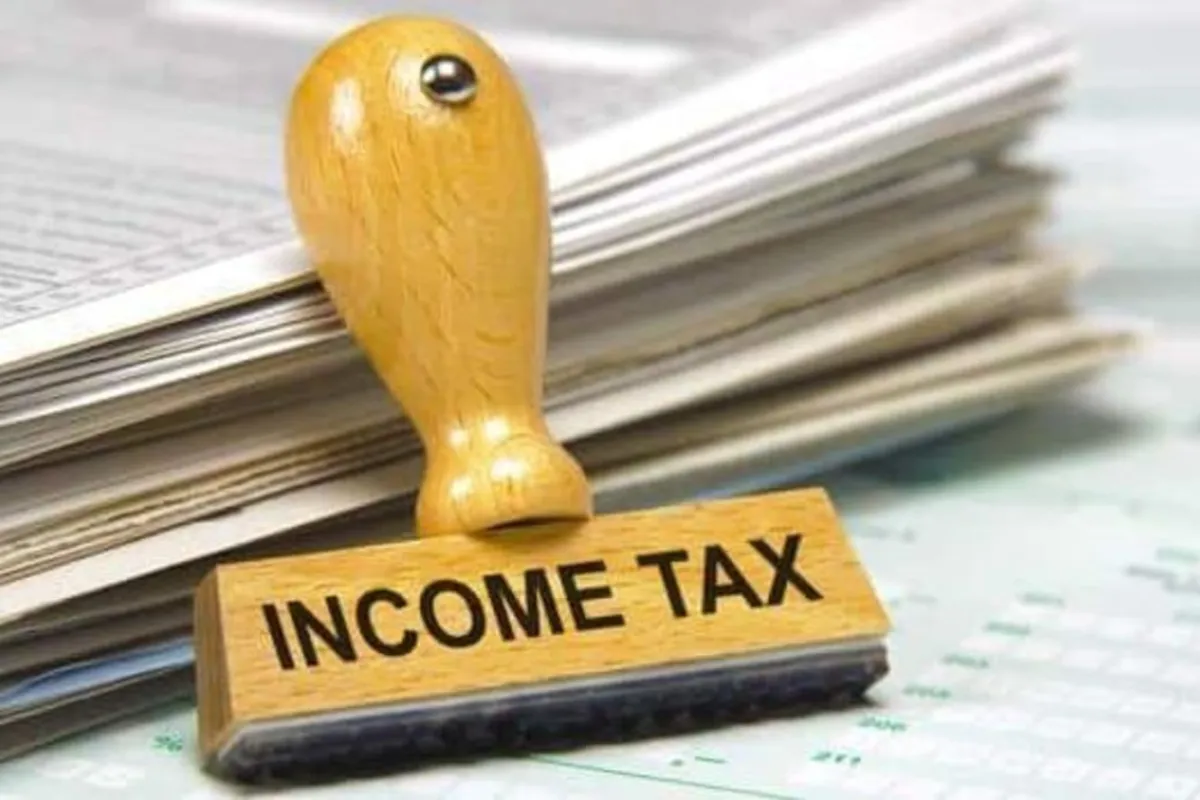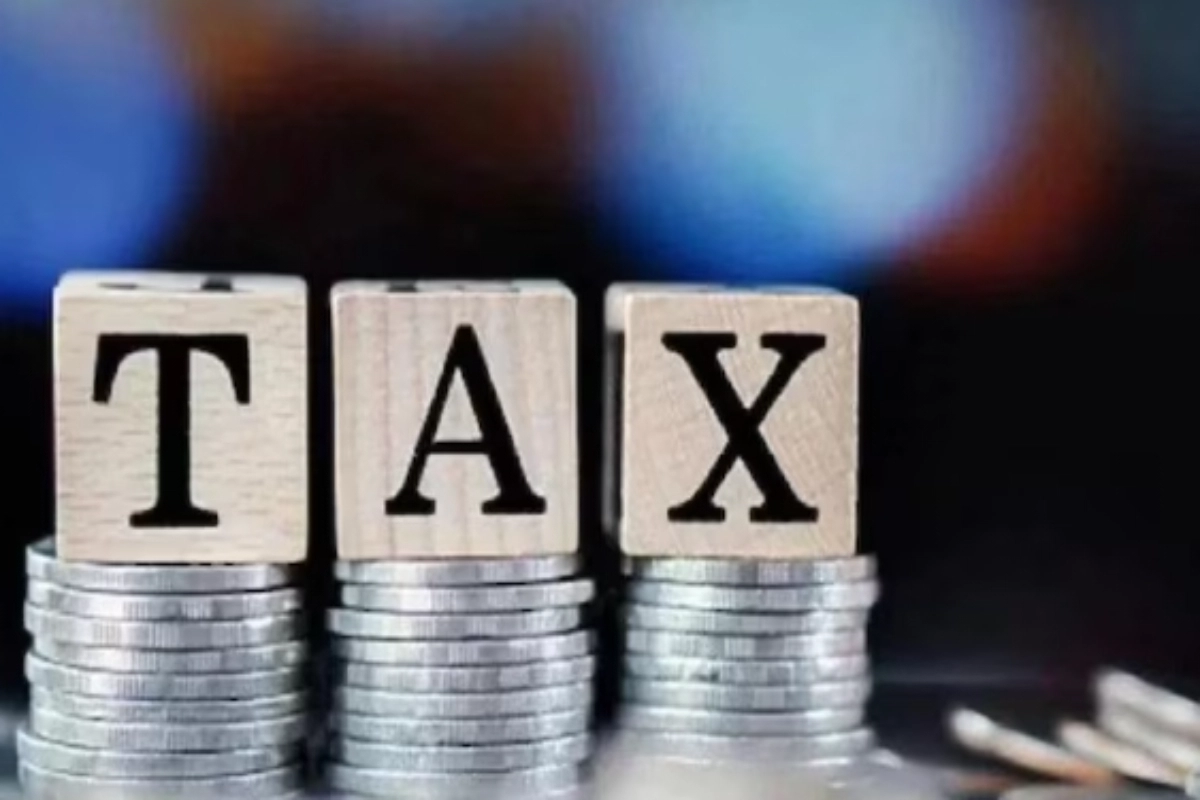Income Tax News: Section 133(6) of the Income Tax Act empowers the income tax department to demand information and evidence from taxpayers and related parties for tax-related inquiries and proceedings. This guide explains everything you need to know about this section, its implications, and how to respond effectively.
What is Section 133(6)?
Imagine the Income Tax Department as a detective, and Section 133(6) as their magnifying glass. This section empowers them to gather information and evidence related to your taxes through notices. These notices can be issued for various reasons, such as:
- Lower Reported Income: Did you accidentally miss a source of income in your tax return? The department might use this section to ask for clarification.
- Incomplete Filings: Missing documents or unclear information in your return can trigger a notice under Section 133(6).
- Ongoing Investigations: If the department suspects any discrepancies, they might use this section to gather more details.
- Claiming Deductions/Exemptions: Did you claim deductions or exemptions without proper documentation? This section allows the department to request supporting evidence.
Remember, responding to these notices is mandatory! Failure to comply can lead to penalties, revised tax returns, and even prosecution.
Who Can Issue Such Notices?
Several officials within the Income Tax Department hold the power to issue notices under Section 133(6), including:
- Assessing Officers (AOs)
- Deputy Commissioners (Appeals)
- Joint Commissioners
- Joint Commissioners (Appeals)
- Director General or Chief Commissioner
How to Respond to a Notice under Section 133(6)
Don’t panic! Here’s what you should do when you receive a notice:
- Read the Notice Carefully: Understand the reason behind the notice and the information they require.
- Gather Required Documents: Collect bank statements, invoices, receipts, or any other documents mentioned in the notice.
- Be Honest and Prompt: Respond within the stipulated timeframe and provide accurate information.
- Seek Professional Help (if needed): If unsure about anything, consult a tax advisor or chartered accountant for guidance.
Additional Tips
- Respond Electronically: Utilise the e-filing portal for a convenient and secure response.
- Request an Extension: If gathering documents takes longer, politely request more time from the department.
- Keep Records Handy: Maintain copies of tax-related documents for at least 10 years for future reference.
Consequences of Non-Compliance
Ignoring a notice under Section 133(6) can have serious repercussions:
- Revised Tax Returns: The department might ask you to re-file your returns with additional income or corrected deductions.
- Penalties: Failure to comply can attract penalties ranging from daily charges to hefty fines.
- Penal Interest: Misreported income or false claims could lead to interest payments and potential prosecution.
How to Stay Safe
- File meticulously: Double-check your returns for any omissions or errors before submission.
- Maintain organized records: Keep copies of all income documents, invoices, receipts, and proof of deductions for at least 10 years.
- Seek professional guidance: Consider consulting a tax advisor or chartered accountant, especially if you have complex finances or any doubts.
- Clarify discrepancies promptly: If you receive a notice for a genuine mistake, respond immediately with explanations and corrected information.
- Stay informed: Keep yourself updated on tax laws and regulations to avoid unintentional non-compliance.
Keep watching our YouTube Channel ‘DNP INDIA’. Also, please subscribe and follow us on FACEBOOK, INSTAGRAM, and TWITTER











